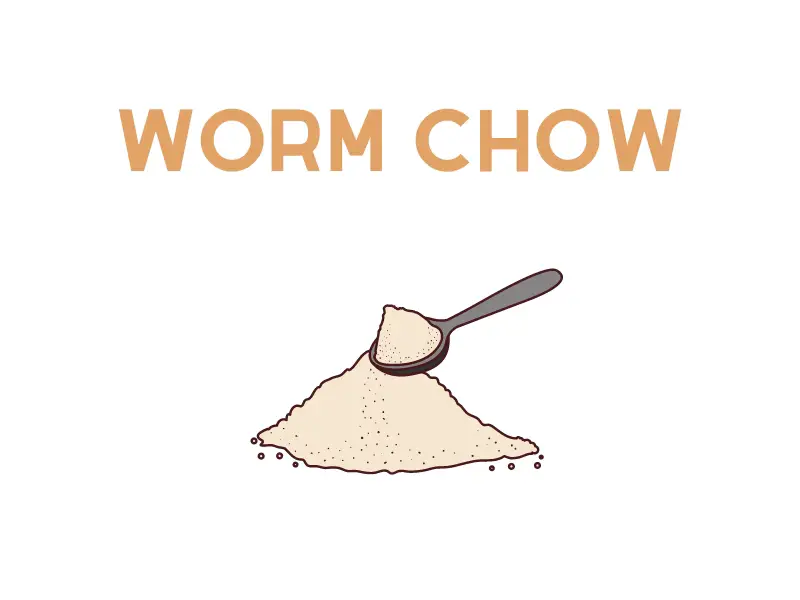
Vermiculture, or the process of cultivating worms to decompose organic waste, has become increasingly popular as a sustainable and efficient waste management practice. Worm chow is a key aspect of a successful vermiculture operation. It is a nutrient-rich food source specifically designed to meet the dietary needs of worms, supporting their growth, reproduction, and waste…